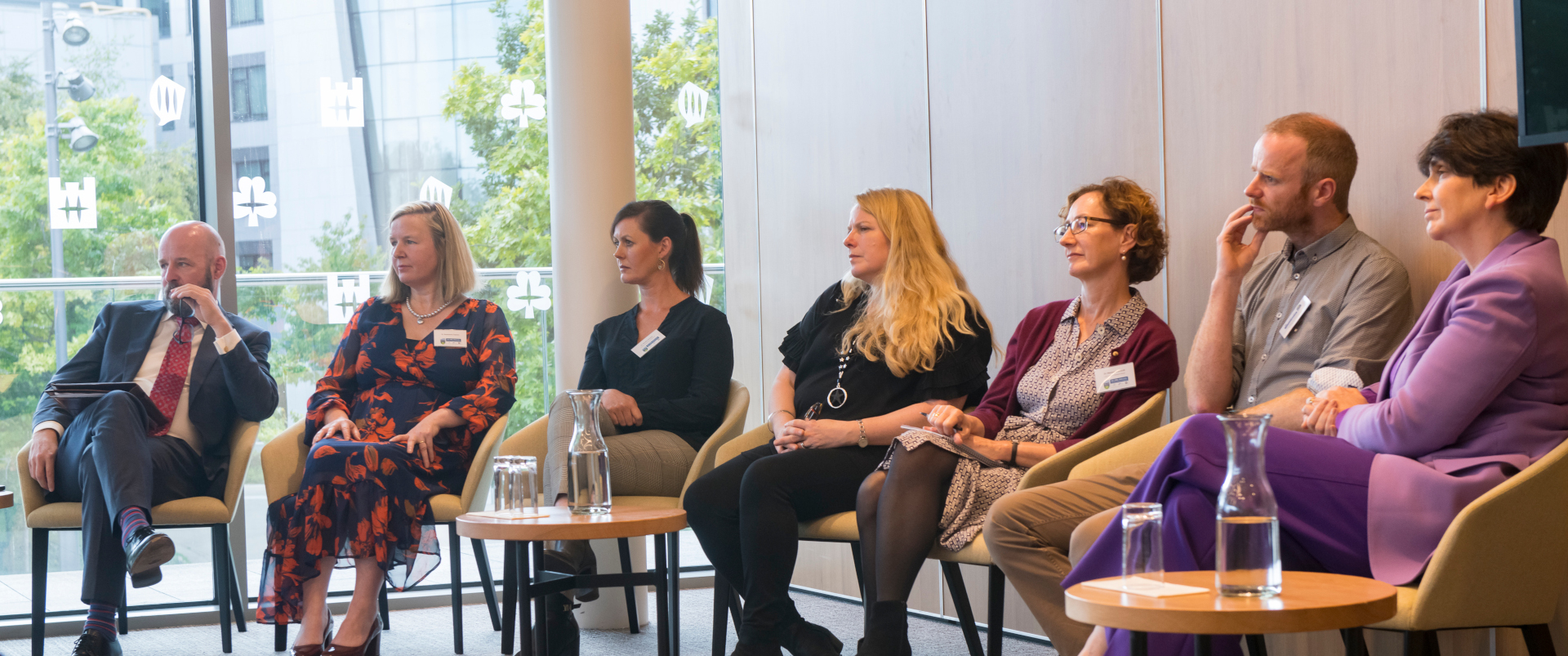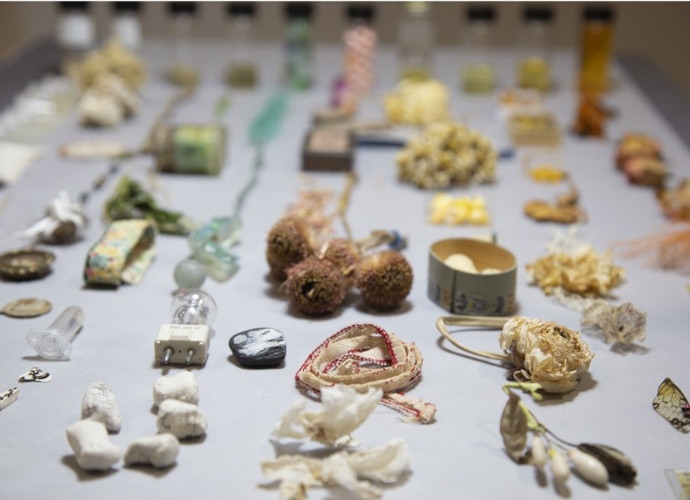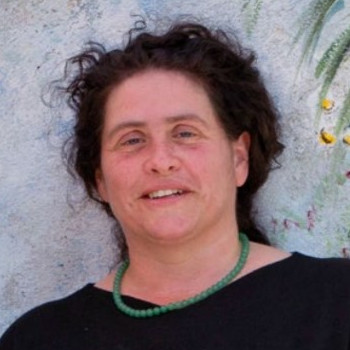
Networks of Excellence

Overview of Scheme
A crucial initial barrier to interdisciplinary and translational research is a lack of formal mechanisms that enable integration and co-ordination between disciplines and from bench-to-bedside. A centralised approach to nurturing collaboration allowed new research activity within Personalised & Translational Medicine, as well as enabling establishment for the basis of a One Health Research Centre. In addition, to effect behavioural change and enable impact, there was a necessity to link with policymakers, patient groups and other stakeholders.
Meet the Project Managers
Where critical mass was identified, awards for project managers were made available to enable strategic planning and greater integration, the outputs of which helped form the basis for major grant applications. This included hosting of regular exchange meetings to spark ideas for integrated research and foster new collaborations across biomedical and clinical domains, as well as the medical humanities and social sciences.

Public Engagement & Public and Patient Involvement
A formalised approach to Public and Patient Involvement is a relatively new concept and required cultural change in the research community. The University did not have a mechanism to support education and awareness in PPI; therefore, awards were made available to develop PPI activities across UCD. (Photo credit: Emer O'Boyle)

